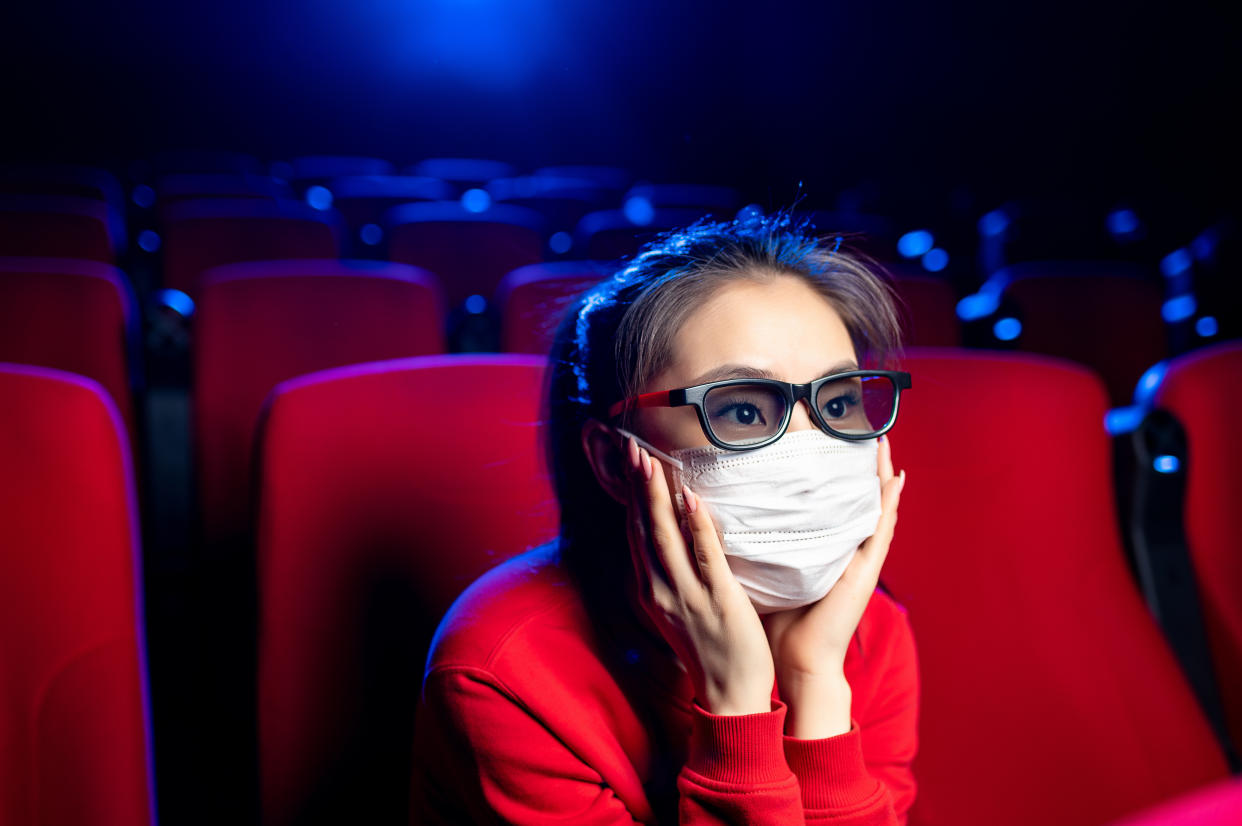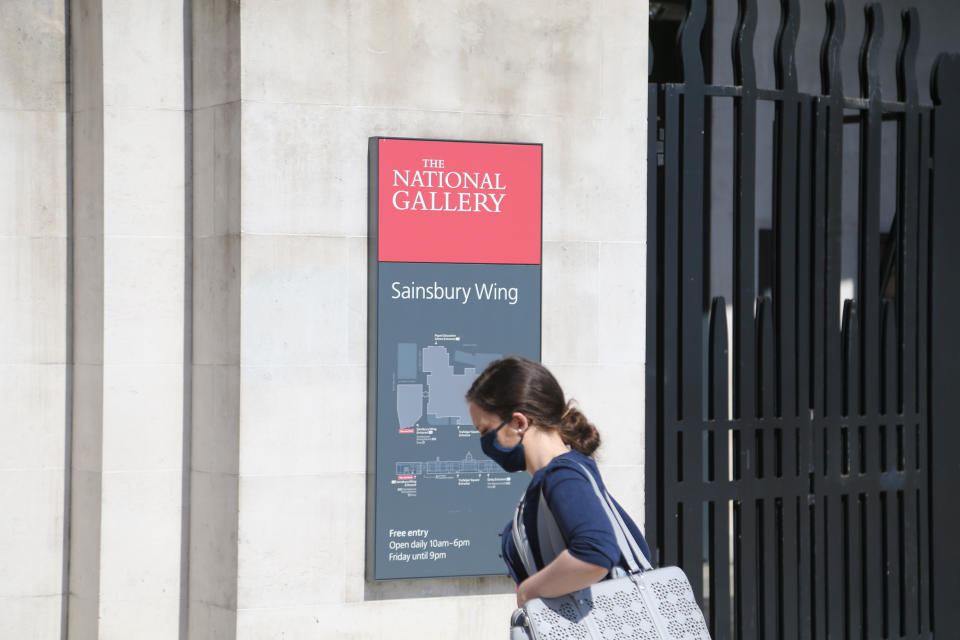How to ward off coronavirus as cinemas, galleries and museums reopen

After months stuck inside our home, the easing of lockdown means days out are back on the cards – within reason.
Boris Johnson announced that from 4 July, cinemas, museums and galleries are just a few of the public spaces in England that will be welcoming back customers.
Taking in the latest Hollywood must-see may be different than you remember, however, with hand sanitiser checkpoints expected and social distancing enforced.
While many welcome this “new normal”, others are concerned the lifting of restrictions may risk a second wave of infections, with precautions becoming all the more important as we adapt to life post-lockdown.
Early research suggests the coronavirus is mild in four out of five cases, however, it can trigger a respiratory disease called COVID-19.

‘The threat of COVID-19 is still present’
Englands’s chief medical officer Professor Chris Whitty has stressed the prime minister’s plan for lifting lockdown is by no means “risk-free”.
An open letter from doctors published in The BMJ also warns, “local flare-ups are increasingly likely and a second wave a real risk”.
Nevertheless, lockdown was not intended to be permanent, with it causing undeniable damage to the economy, people’s mental health and cancer diagnoses via screenings.
“Even though public spaces are beginning to reopen and life seems to be getting a bit more back to ‘normal’, the threat of COVID-19 is still present,” said Dr Simran Deo from Zava UK.
“So it’s still really important to take precautions to limit the spread and help keep everyone safe.”
Healthy young people are unlikely to become seriously ill with the coronavirus, however, they could pass it to vulnerable or elderly individuals who may develop complications.
While it might sound obvious, Dr Deo recommends planning trips to avoid busier times, particularly if you depend on public transport to get about.
“This will help you maintain a safe distance between yourself and people from outside your household,” she said.
Face coverings are mandatory for most on public transport in England. These are increasingly being recommended elsewhere after Johnson reduced the two metre (6ft) social distancing rule to “one metre plus”.
While not enforced, Dr Deo advises people don a mask or covering when around others.
“[The coronavirus mainly] spreads through droplets from the nose and mouth, so wearing a mask can protect you and the people around you from the risk of infection,” she said.
When going to the pictures, skip the popcorn.
“If you fancy a snack at the cinema or while you’re out I’d recommend bringing your food from home, and make sure you wash your hands or use a hand sanitiser before and afterwards,” said Dr Deo.
“Don’t share your popcorn or sweets with anyone outside of your home and throw away wrappers that could be carrying infected droplets as soon as possible.”
Evidence suggests the coronavirus can survive on surfaces for up to three days.
It is therefore not implausible that someone may come into contact with a contaminated object before rubbing their eyes, nose or mouth – unwittingly infecting themselves.
“When you're in public try to avoid touching shared surfaces as much as possible,” said Dr Deo.
“Use contactless payment methods where you can or buy tickets online in advance.
“Wear gloves if you have them and try not touch your face or your phone when wearing them.
“You should bin gloves and face masks as soon as possible after you’ve finished using them.
“If you can’t find a bin, bring a bag to store used gloves and face masks, and dispose of them at home to help prevent the spread of COVID-19.”
What is the coronavirus?
The coronavirus is one of seven strains of a virus class that are known to infect humans.
Others cause everything from the common cold to severe acute respiratory syndrome (Sars), which killed 774 people during its 2002/3 outbreak.
Although the coronavirus mainly spreads via coughs and sneezes, there is also evidence it is transmitted in faeces.
Symptoms typically include fever, cough and a loss of taste or smell.
The infection itself has no “set” treatment, with most patients naturally fighting it off.
The steroid dexamethasone is being used in hospitals throughout the UK to reduce the risk of death among patients on ventilators or oxygen.
Officials urge people ward off infection by washing their hands regularly and maintaining social distancing.
Coronavirus: what happened today
Click here to sign up to the latest news, advice and information with our daily Catch-up newsletter
Read more about COVID-19
How to get a coronavirus test if you have symptoms
How easing of lockdown rules affects you
In pictures: How UK school classrooms could look in new normal
How public transport could look after lockdown
How our public spaces will change in the future
Help and advice
Read the full list of official FAQs here
10 tips from the NHS to help deal with anxiety
What to do if you think you have symptoms



